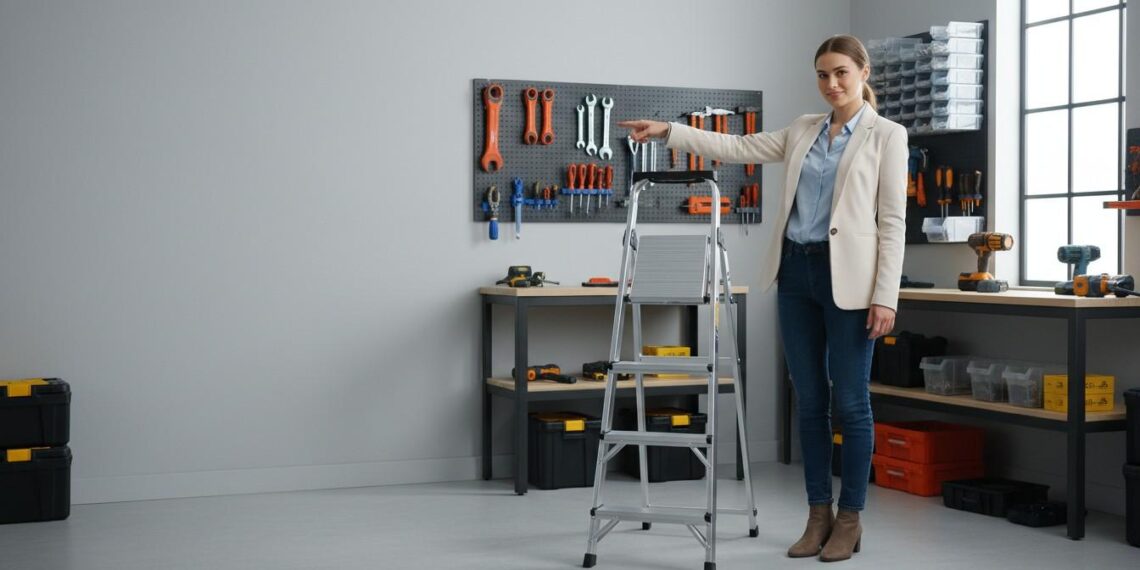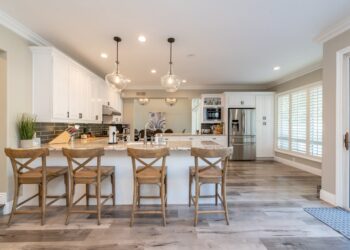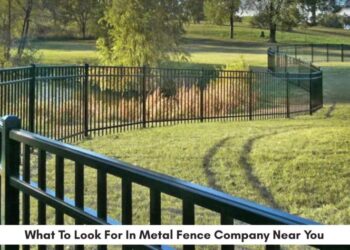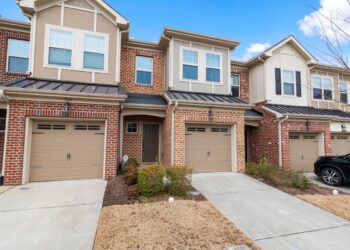A telescoping ladder can look simple, yet its price often raises questions. Some models cost much more than others, even though they seem similar at first glance. The price of a telescoping ladder depends on a mix of practical factors that balance safety, strength, and convenience.
Each feature, from the ladder’s height to the materials used, affects both cost and performance. Understanding these factors helps anyone choose a ladder that matches their needs and budget without paying for features they may never use.
Maximum ladder height
The maximum height of a telescoping ladder depends on its design, material, and duty rating. Most models extend between 8 and 16 feet, though some professional versions reach up to 20 feet. Taller ladders often cost more because they require stronger materials and additional safety features.
Products such as telescoping ladders from VEVOR show how size options influence price and use. Shorter ladders suit indoor repairs or low ceilings, while longer ones help with outdoor maintenance or roof access. Buyers should match ladder height to their typical working range to avoid paying for unused reach.
Producers put ladders through tests to comply with safety standards that specify the maximum height to which each model can be extended. The weight capacity of a ladder also influences its maximum height since a heavier ladder will require thicker parts. Consequently, knowing how these elements are intertwined will enable the purchasers to pick a ladder that not only suits their budget but also their working requirements.
Material quality and type
Material is a big factor in price when it comes to telescoping ladders. Aluminium ladders are usually the cheapest because they are very light, easy to move and will not rust. They provide a lot of strength per unit of weight and are perfect for the average household tasks.
A stainless steel ladder will cost you more, but there is a good reason for that. The main reason for the extra money is their outstanding longevity and resistance to wear and tear, and, as they can carry much heavier loads and be around for years without breaking, they are very popular among professionals.
A fibreglass ladder will also set you back more, and that is because it can be used safely for electrical work and outdoor jobs, but it is heavier than an aluminium ladder and thus less practical.
The price of a ladder is also influenced by the quality of its construction. High-quality materials, very smooth locking mechanisms and precisely machined joints cost more but, in essence, they provide safety and a longer life span.
Duty rating and weight capacity
Duty rating visually presents that the ladder can be used without risking safety. Every duty rating is related to a particular weight that includes the user’s body weight plus the tools or materials. It is a fact that if the duty rating is greater, the ladder will be able to carry heavier tasks and the price will be higher as well, in most cases.
Manufacturers give duty ratings to their products according to safety standards. These ratings are a deciding factor for the buyers in terms of which ladder suits their work requirements the best. For example, a ladder for home repairs might have a lower rating than a construction site one.
The permitted weight for a ladder also affects its style and the materials used. Aluminium models are lighter most of the time, but they are still capable of carrying a strong load, while steel models may have a higher carrying capacity, but the price will be elevated because they are made more solidly.
Consumers should check the duty label before making a purchase. Incompatibility between the user’s total weight and the rated capacity of the ladder can result in safety being compromised, and the ladder’s lifespan will be shorter.
Brand reputation and warranty
Brand reputation is the factor that most of the time influences the price of a telescoping ladder. Brands that are known for their quality and safety standards usually charge more, as buyers trust them. A good reputation reflects that the brand has been able to satisfy customers for a long time.
A brand that has been reliable over time is likely to spend more on better materials and design. Such meticulousness, therefore, may increase the production cost and hence the price rises. Buyers usually consider this higher price as a concession for their peace of mind and the durability of the product.
Warranty terms also have an effect on the pricing. A longer or more complete warranty is worth more because it is less risky for the buyer. Companies that provide strong warranty support usually have higher prices for their ladders to be able to cover the costs of the services or replacements in case of situations.
Therefore, a brand’s reputation and the extent of the warranty are the two main elements that have an impact on the price of a telescoping ladder. Customers usually make up their minds to purchase or refrain from purchasing mainly based on these factors.
Additional safety features
In most cases, the price of a telescoping ladder is influenced by its extra safety features. Secure locking systems are more expensive because they lower the risk of sudden collapse. To make the ladder stable, each part fixes in a certain way, thus safety as well as value is increased.
There are models whose manufacturers have fitted them with anti-slip feet or rubber caps that help the ladder to be steady on smooth surfaces. By using parts made of materials that are resistant to wear, these raise both safety and cost.
The company might also decide to add stabiliser bars or wider steps to enhance the user’s balance. These upgrades give the users more control and comfort, thus a higher price can be considered as a justification.
Another factor is associated with safety certifications. Ladders that have been tested and are in accordance with the standards set out have a higher price because they meet certain requirements in respect of performance and load. Consumers take the added confidence of a product that has passed safety tests as a reason for the price they have to pay.
Conclusion
Prices for telescoping ladders are influenced by several interrelated factors. Often, the biggest impact is made by the type of material, the quality of the construction, and the safety certifications. As an instance, aluminium models are in most cases cheaper by around half than those that are made of steel or carbon fibre.
The price of the ladder is also dependent on the design and the additional features. Locking devices, stabilisers, or anti-slip steps on the ladders are there to ensure safety and convenience; hence, such products are priced at a higher level.
Brand reputation and certification standards can raise prices as well. Products tested to meet industry safety guidelines often require more precise manufacturing and higher-quality materials.
Market demand and production costs further shape pricing trends. As a result, buyers see price differences that reflect both performance and durability.







